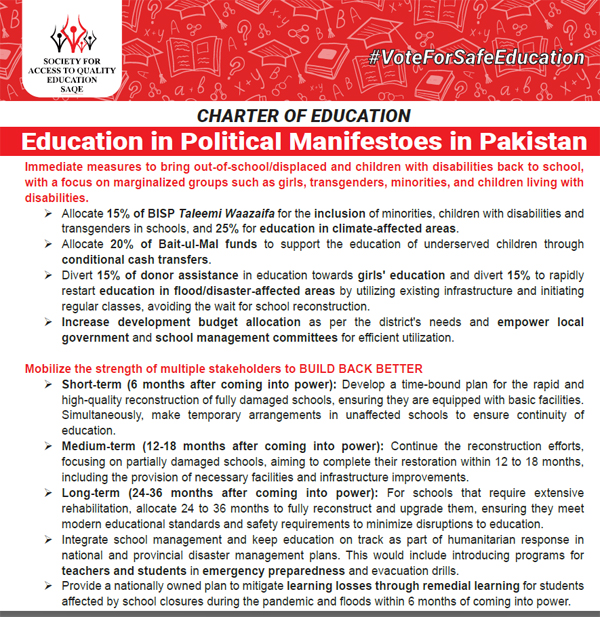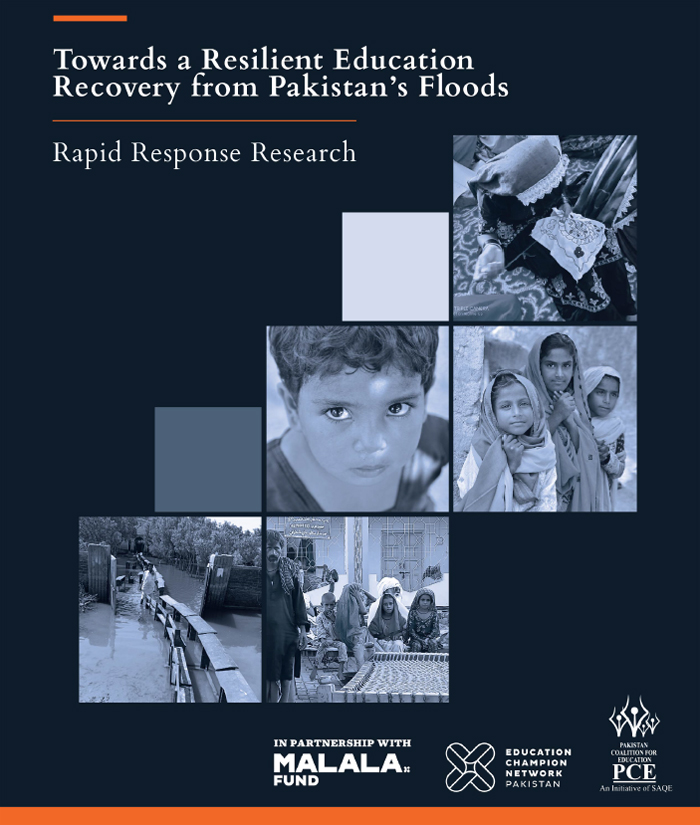Right To Education: Where do we stand?
According to the International Legatum Prosperity Index 2018, Pakistan's education system ranks at 124 out of 149 total countries. The easiest explanation often offered to understand the flailing condition of the country's education system even after 72 years of its inception, is the lack of education bureaucracy's willingness to increase the GDP spending percentage as per the global standard. While there is not a shadow of doubt about the validity of that argument, the crisis at hand is much more profound and expansive; ghost schools, unavailability of transportation services, absence of basic amenities in schools, corruption, private school mafia, prohibitive school fees, lack of teachers (specially female teachers) and their appropriate training and corporal punishment are only few of the maladies that the country's education system continues to grapple with.
District Jamshoro: A case of neglect?
In 2017-18 budget speech, the Sindh government announced that it will increase the education budgetary allocation from Rs 163.1 billion in 2016-17 to Rs 202.2 billion. Despite this increase, the condition on the ground is shoddy with poor infrastructure and serious governance issues. PCE developed a plan to engage district administration, local government representatives, school management committees, head teachers, community members and other key stakeholders to identify the root causes of the deteriorating education situation in the province.
RTE in Pakistan: A right out of reach. Can justiciability of RTE transform Education in Pakistan?
Education is essential for the development and growth of a society. It is a fundamental human right and is a crucial means of realizing other human rights. Education empowers, emboldens and provides opportunities to promote equity and quality of life. It plays a pivotal role in every individual's life by teaching them how to think, how to function as a productive citizen, developing skills, capacity and confidence to secure other rights and be mindful of the obligations of the governments, duty bearers and right holders.
How can we change demand into action at the local level?
Pakistan Coalition for Education (PCE) has been tracking education budget at the district level over the last three years. The tracking exercise entailed a series of district level consultations with local stakeholders that included legislators, major political parties, school administrators and local governments on education budgets to ensure equitable and inclusive access to quality education. Through these consultations it came to light that there is a communication and coordination gap between the School Management, community members and the district administration.
UN committee expresses concern over privatization of education and its implications in Pakistan
The Committee on Economic, Social and Cultural Rights ('the Committee') expressed its concerns on the issue of privatization of education in Pakistan as the state underwent its first ever review earlier this month. The review focused on the status of implementation of the rights guaranteed under the 14 substantive articles of the International Covenant on Economic, Social and Cultural Rights (1966, 'the Covenant').

